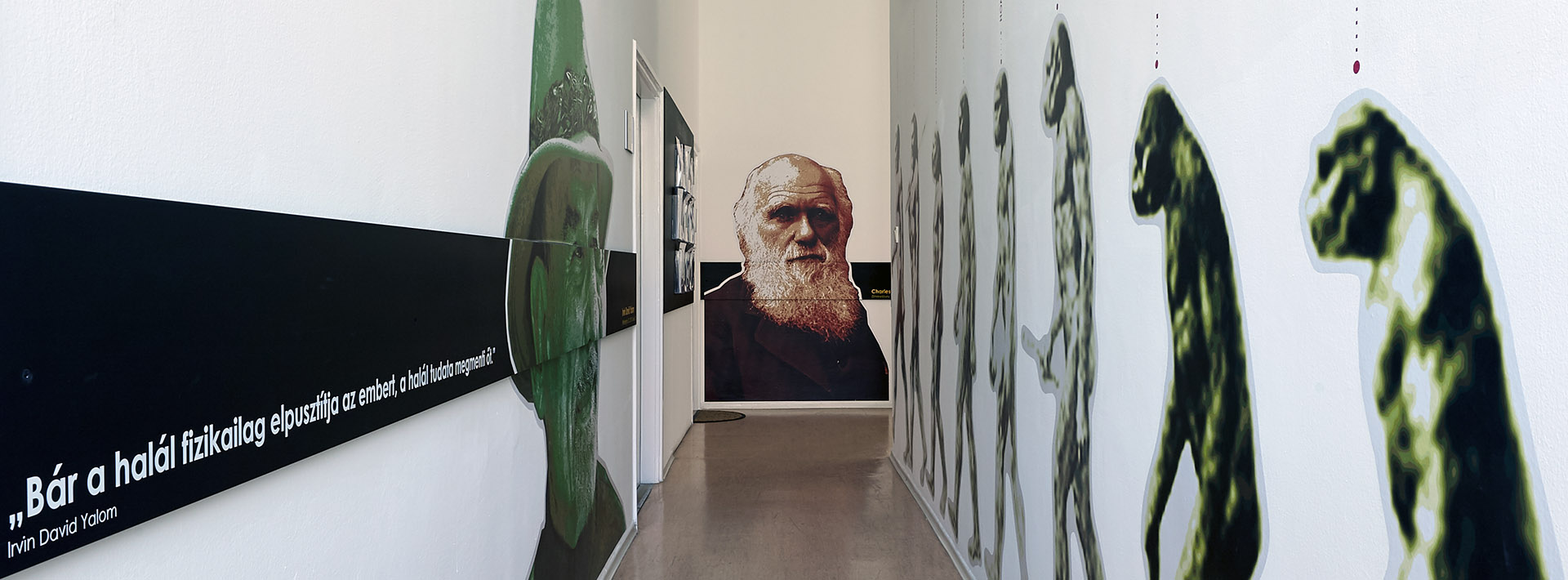Data
Official data in SubjectManager for the following academic year: 2023-2024
Course director
-
Dr. Boróka GÁCS
research associate professor,
Department of Behavioural Sciences -
Number of hours/semester
lectures: 0 hours
practices: 0 hours
seminars: 12 hours
total of: 12 hours
Subject data
- Code of subject: OAF-SLE-T
- 1 kredit
- General Medicine
- Optional modul
- spring
-
Course headcount limitations
min. 5 – max. 20
Topic
During the course, students will learn about the definition of emergency psychology, its psychodynamic background and the modifications of frames, relationship, and communication. The aim of the course is to familiarise students with the specificities of psychologically critical situations (e.g., crisis and critical situations in medicine and everyday life, suicidal crisis), the circumstances and conditions of real-time interventions, the intervention tools that can be used. In this course, students will learn to recognise the signs of psychological traumatisation and to apply the basic psychological tools that can help in crisis situations and in gaining cooperation. They will also gain insights into the risks of stress for helpers and tools for burnout prevention
Lectures
Practices
Seminars
- 1. The concept and scope of emergency psychology/mental first aid
- 2. Normative and accidental crisis. Suicidal crisis.
- 3. Circumstances of "psychological first aid" interventions (space, time, personnel, scale, nature of the event and degree of stress).
- 4. Stages of traumatic crisis.
- 5. Signs of psychological trauma.
- 6. Psychodynamic background of emergency psychology.
- 7. Framework for emergency psychological interventions and intervention tools to be used.
- 8. Modifications of relationship and communication, reactions, and levels of psychological first aid.
- 9. Relaxation and symbolic tools in psychological first aid.
- 10. Stresses and strains on helpers, their risks, recognition, and prevention.
- 11. Case presentations
- 12. Situation exercises
Reading material
Obligatory literature
Literature developed by the Department
-
Notes
-
Recommended literature
-
Conditions for acceptance of the semester
Absences may be accepted to the extent specified in the Code of Studies and Examinations.
Mid-term exams
The classroom activity and the practical examination (case simulation) at the end of the semester will determine the grade in the range of 50-50.
Making up for missed classes
In the case of absence, students are required to work on and present a selected literature in addition to the practical examination by the end of the semester.
Exam topics/questions
--
Examiners
Instructor / tutor of practices and seminars
- Dr. Gács Boróka
